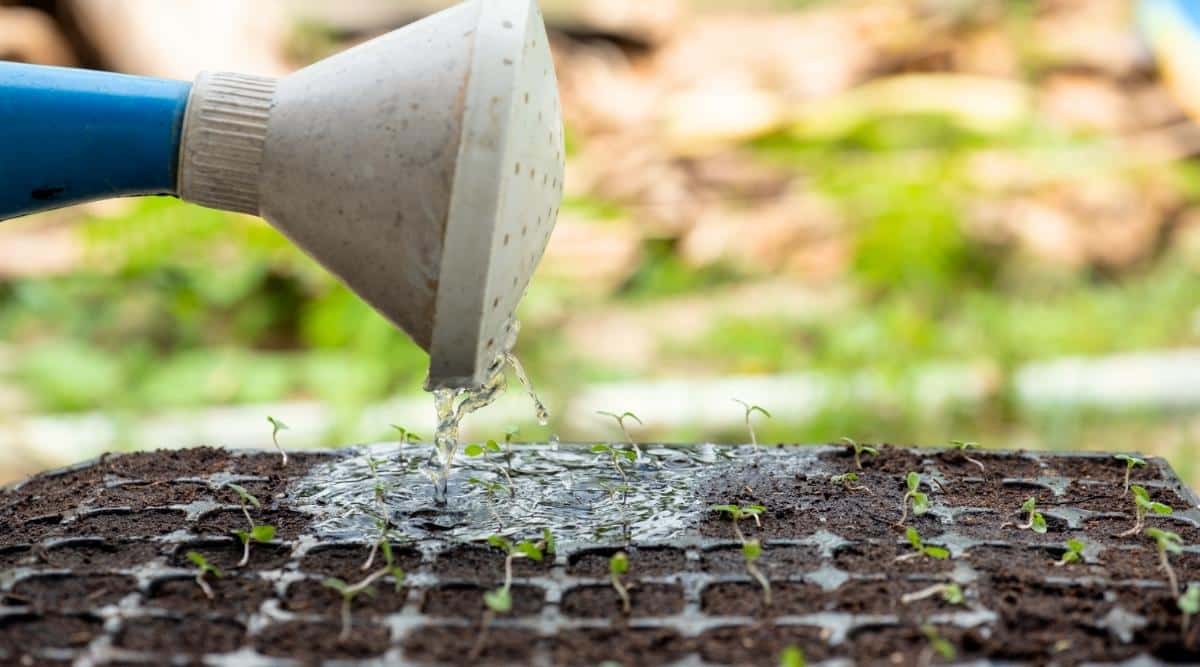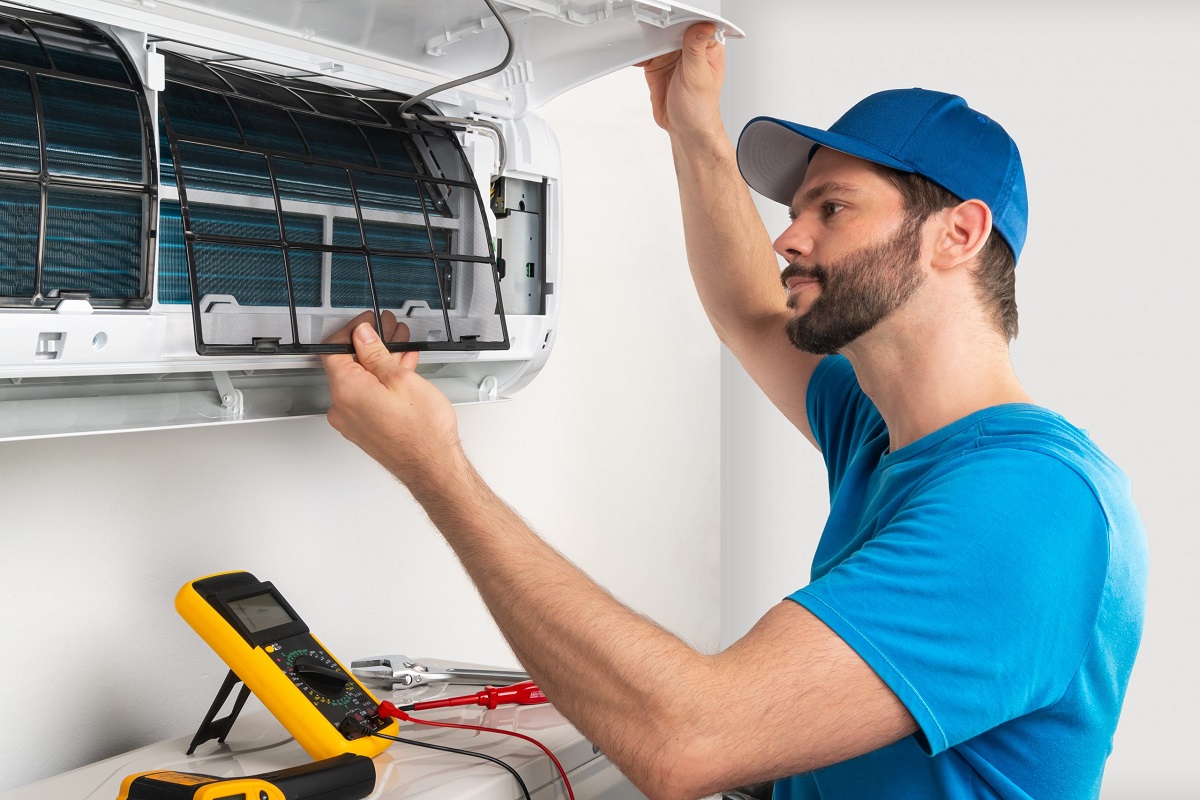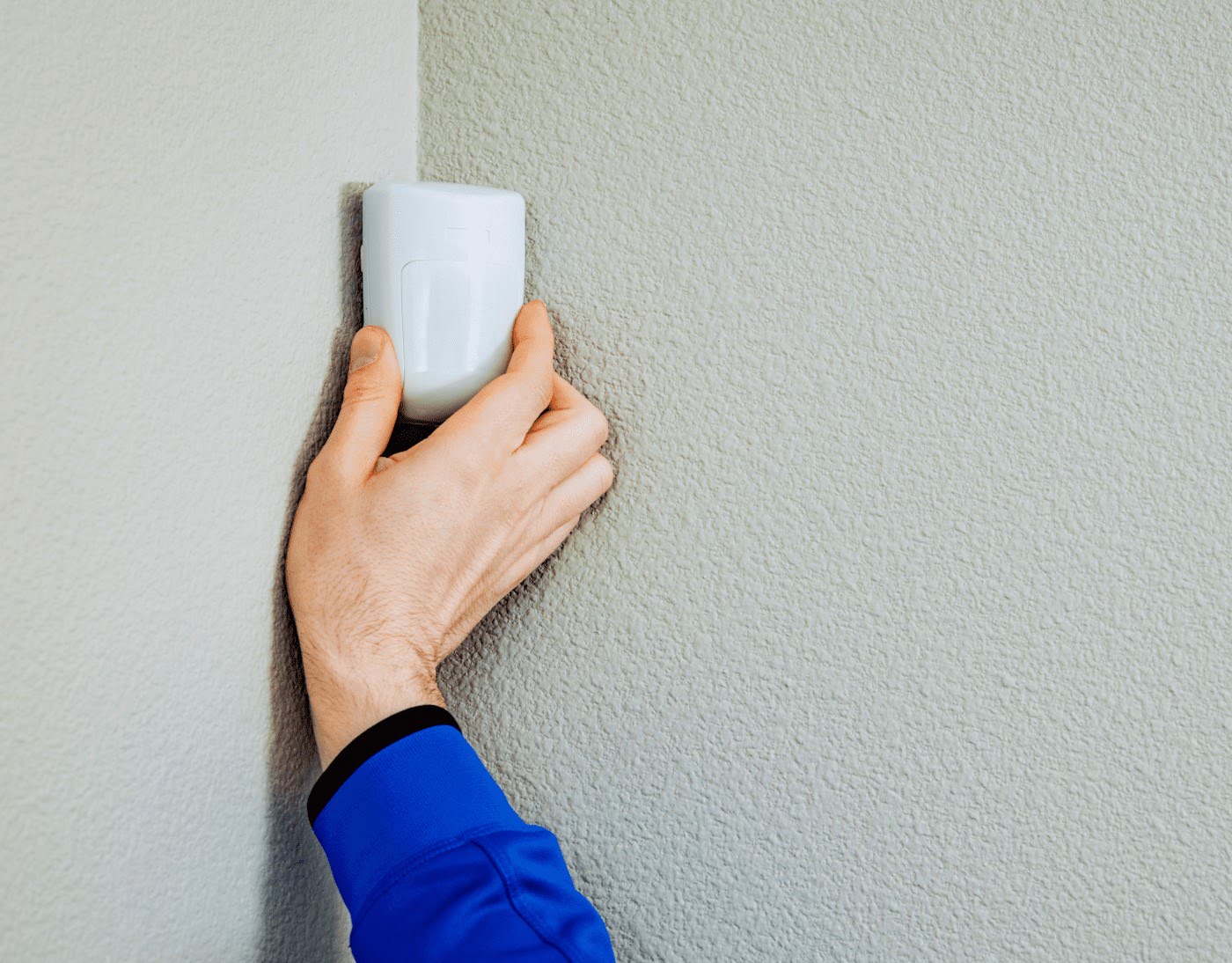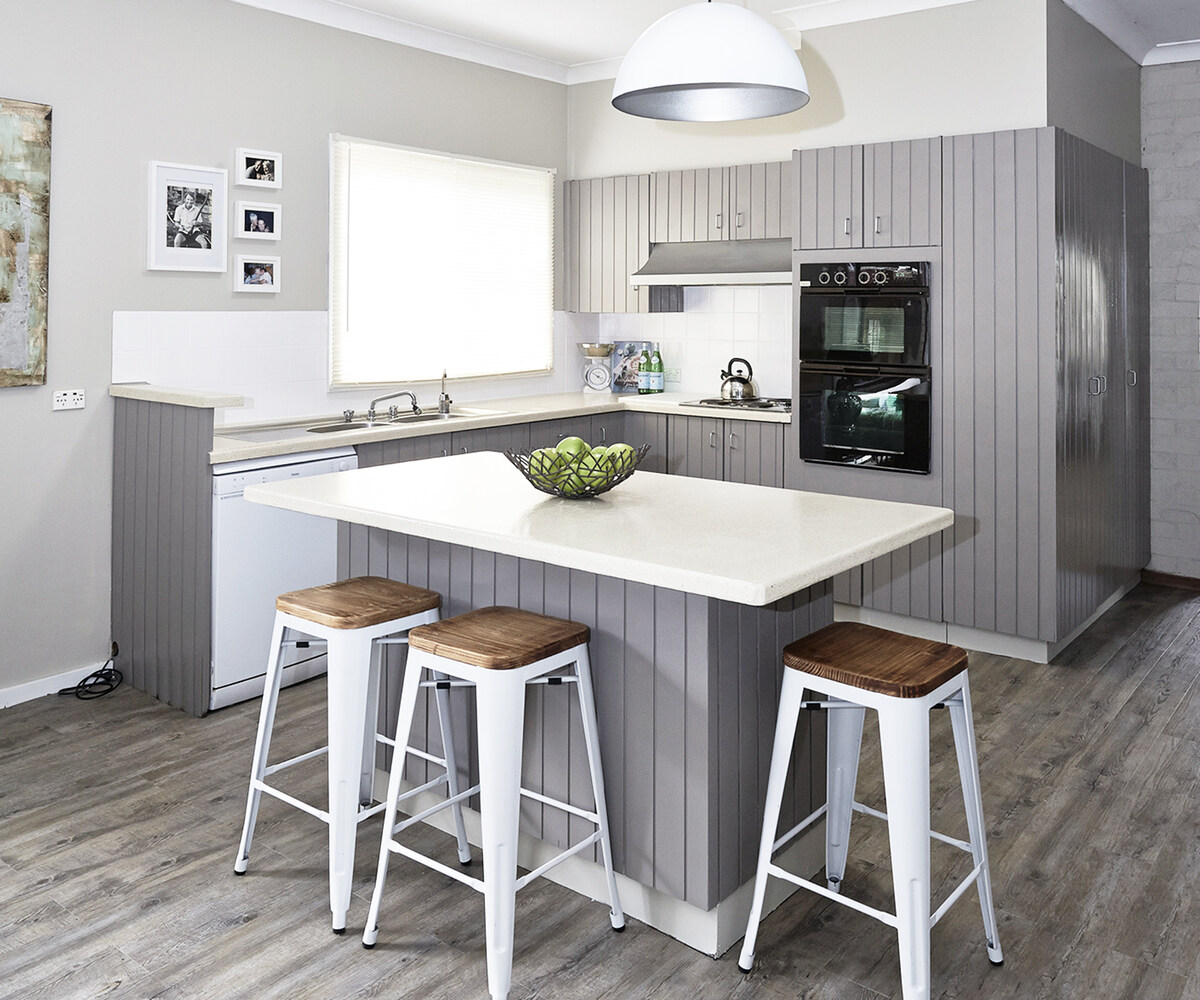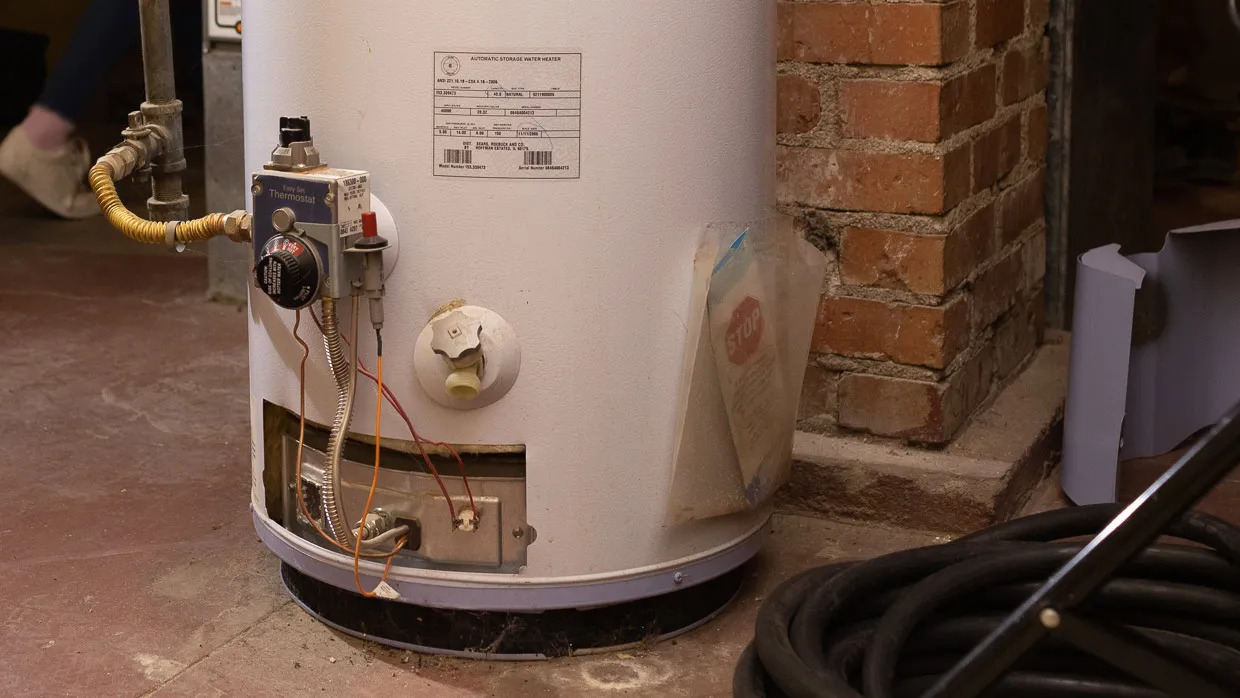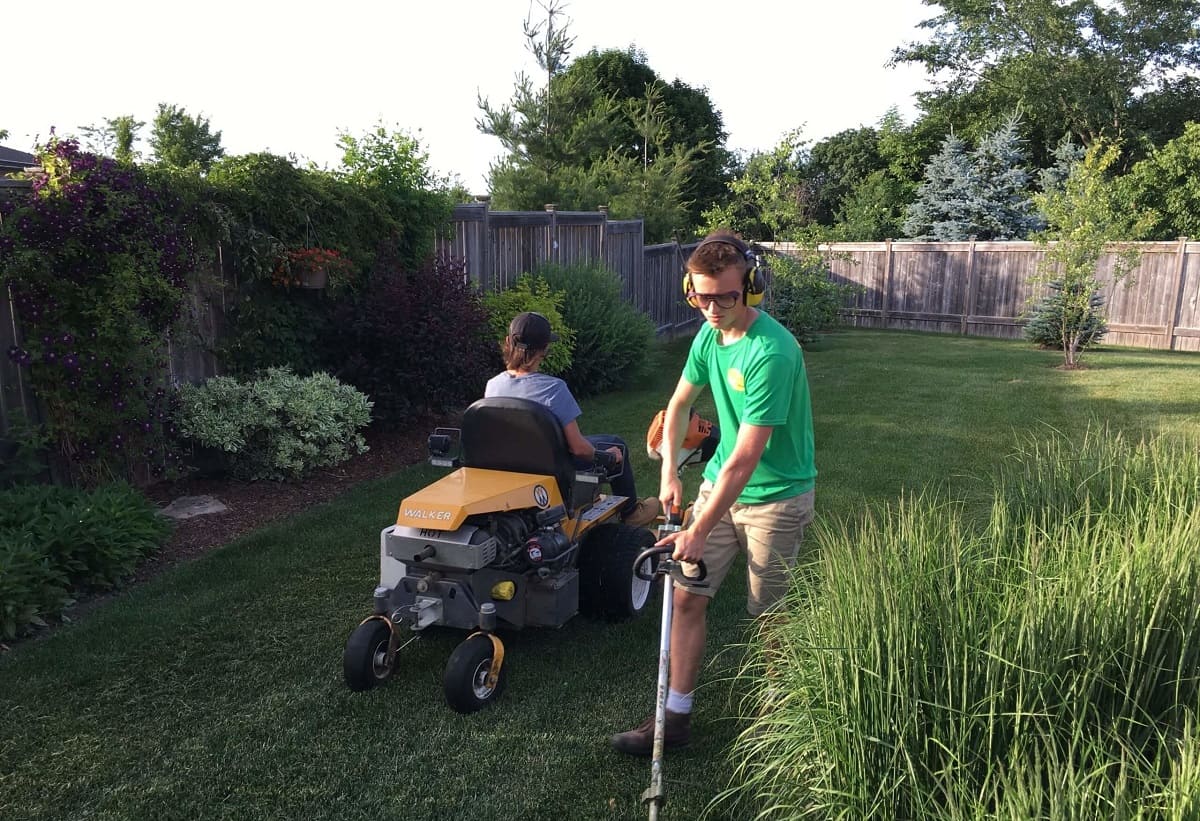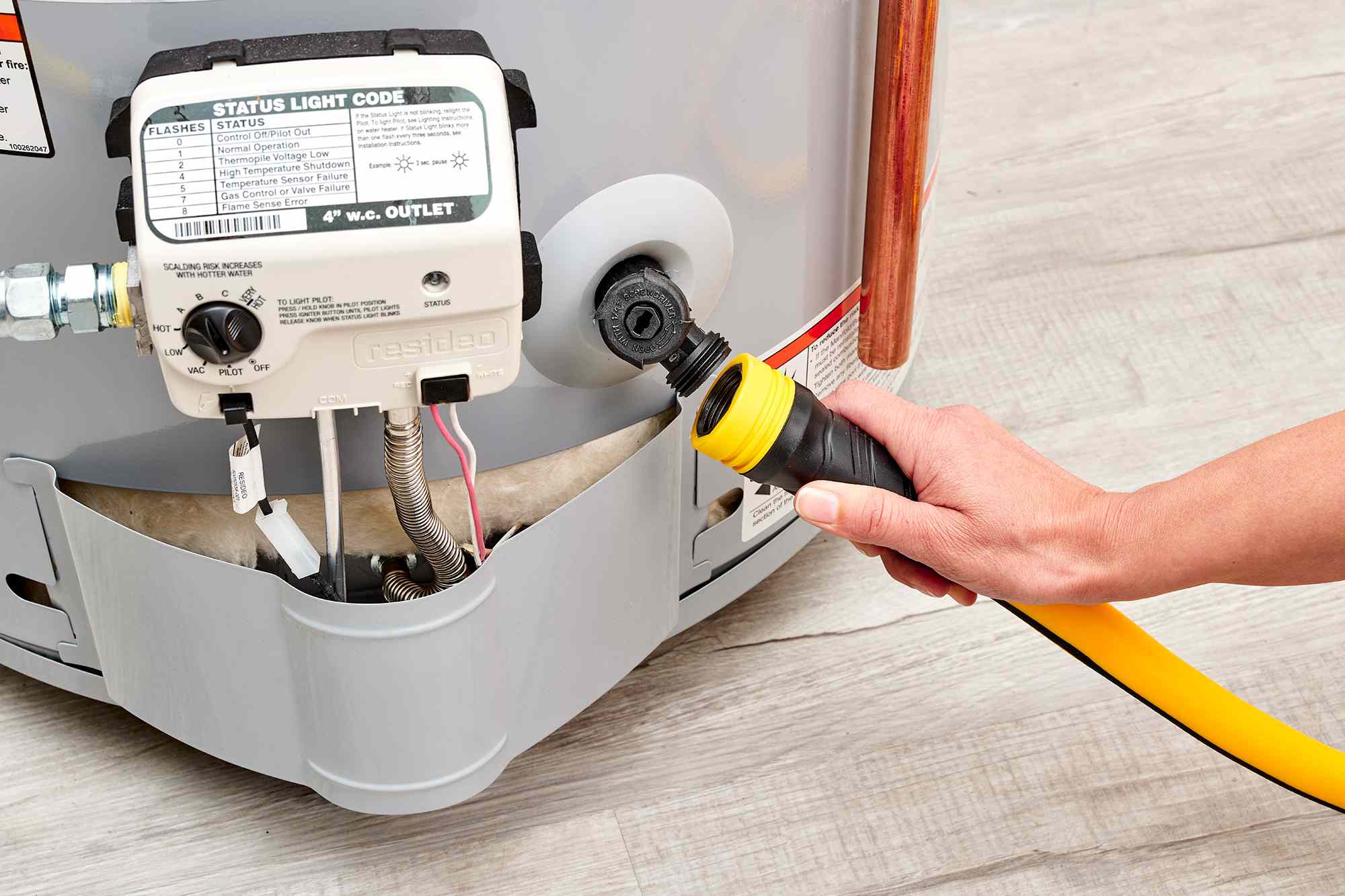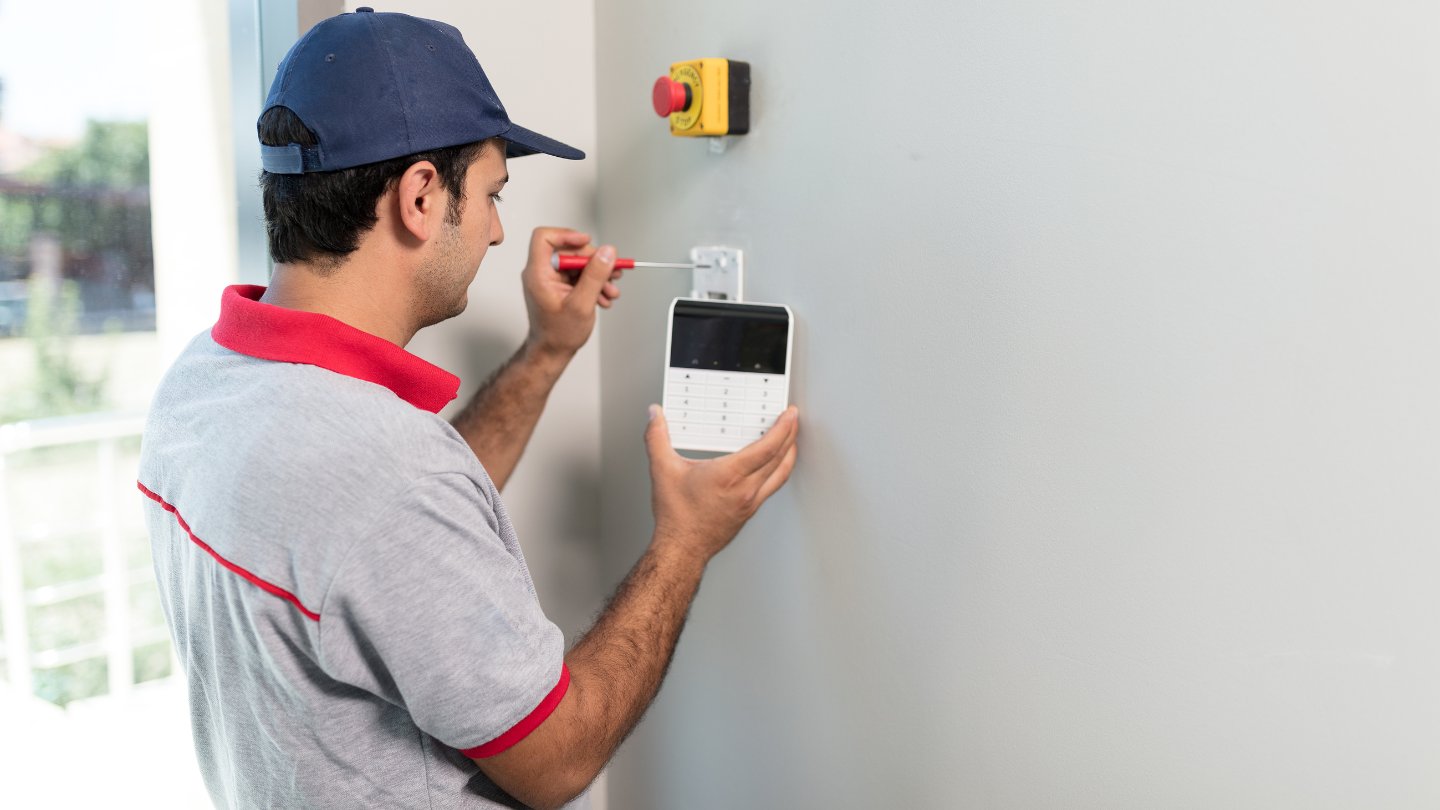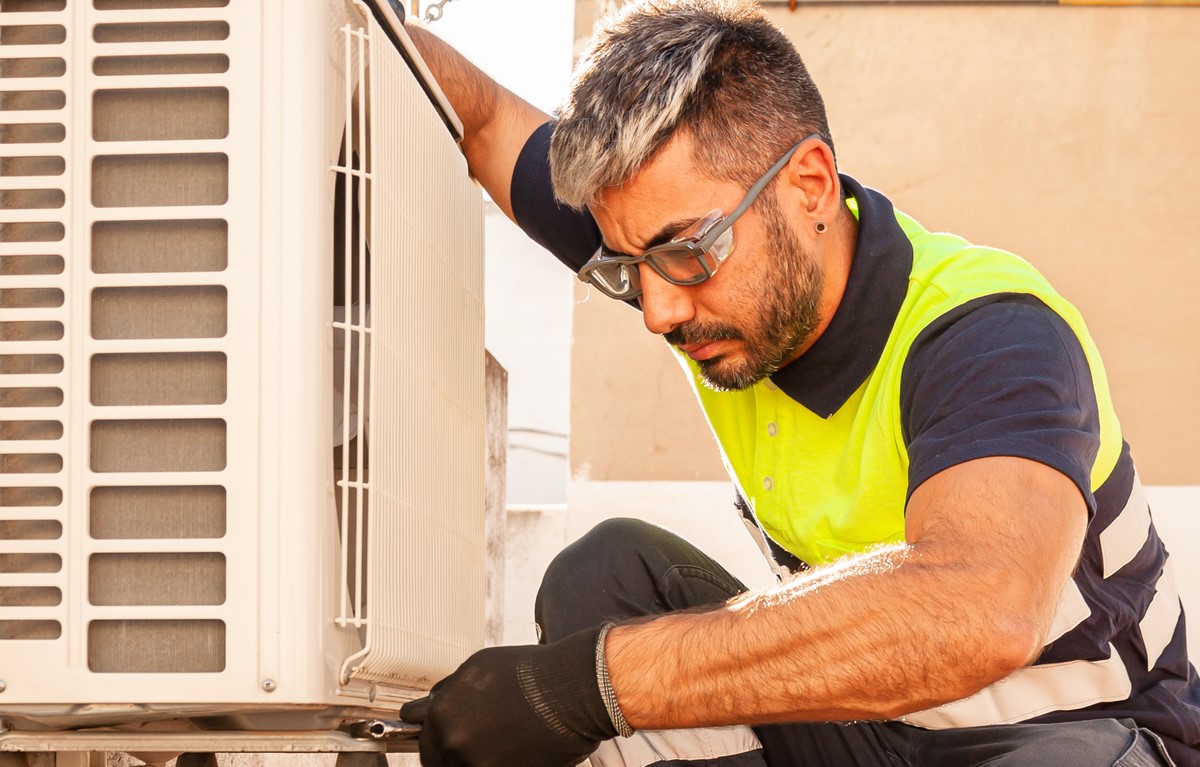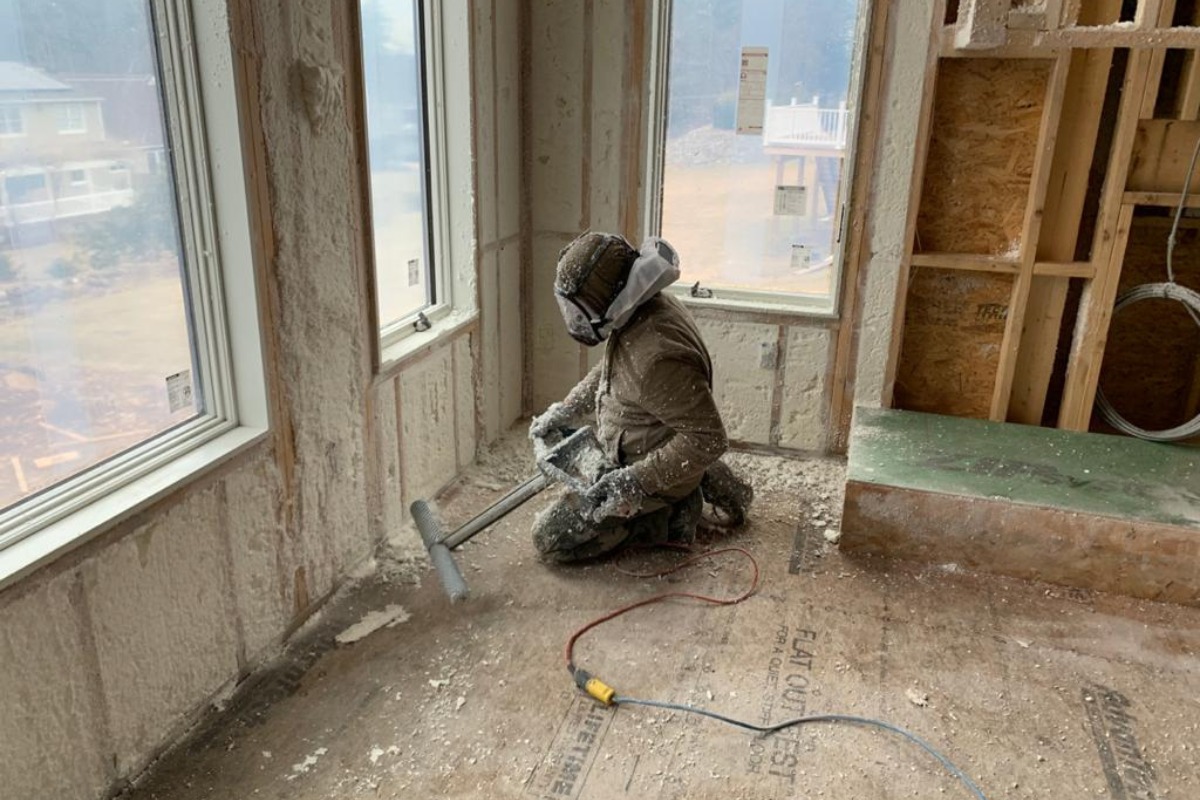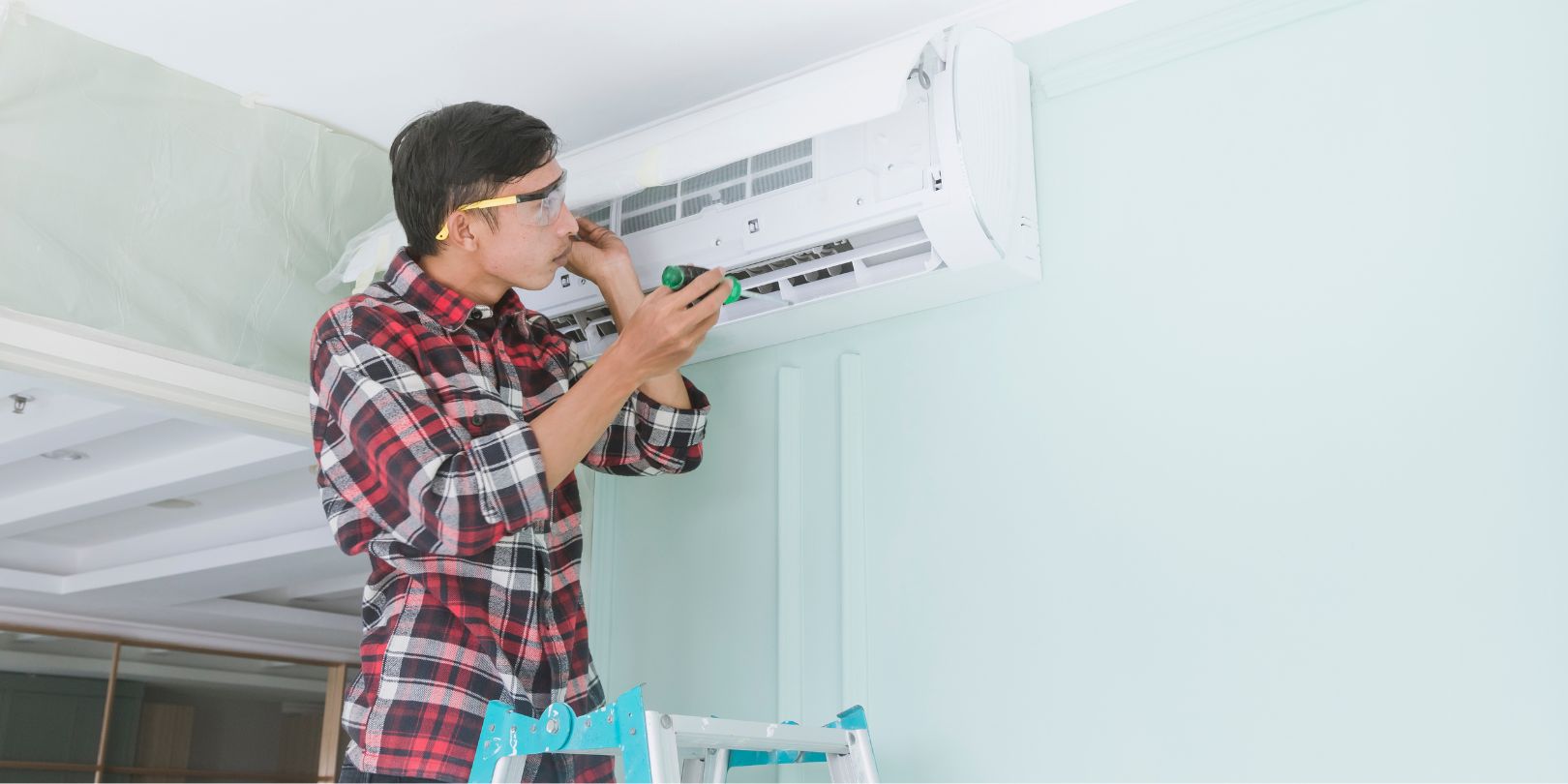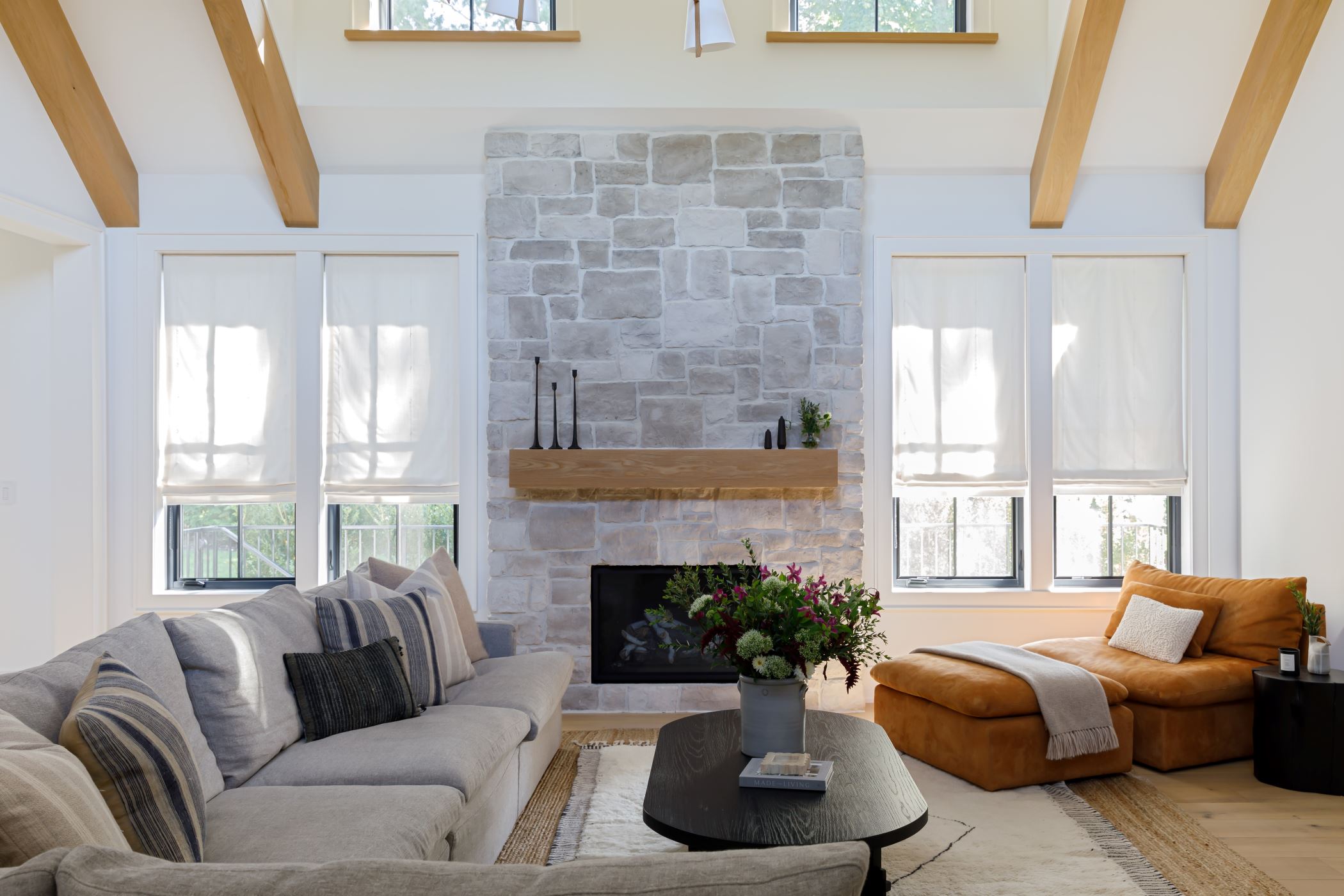Home>Home Maintenance>How Much Should You Spend On Home Maintenance
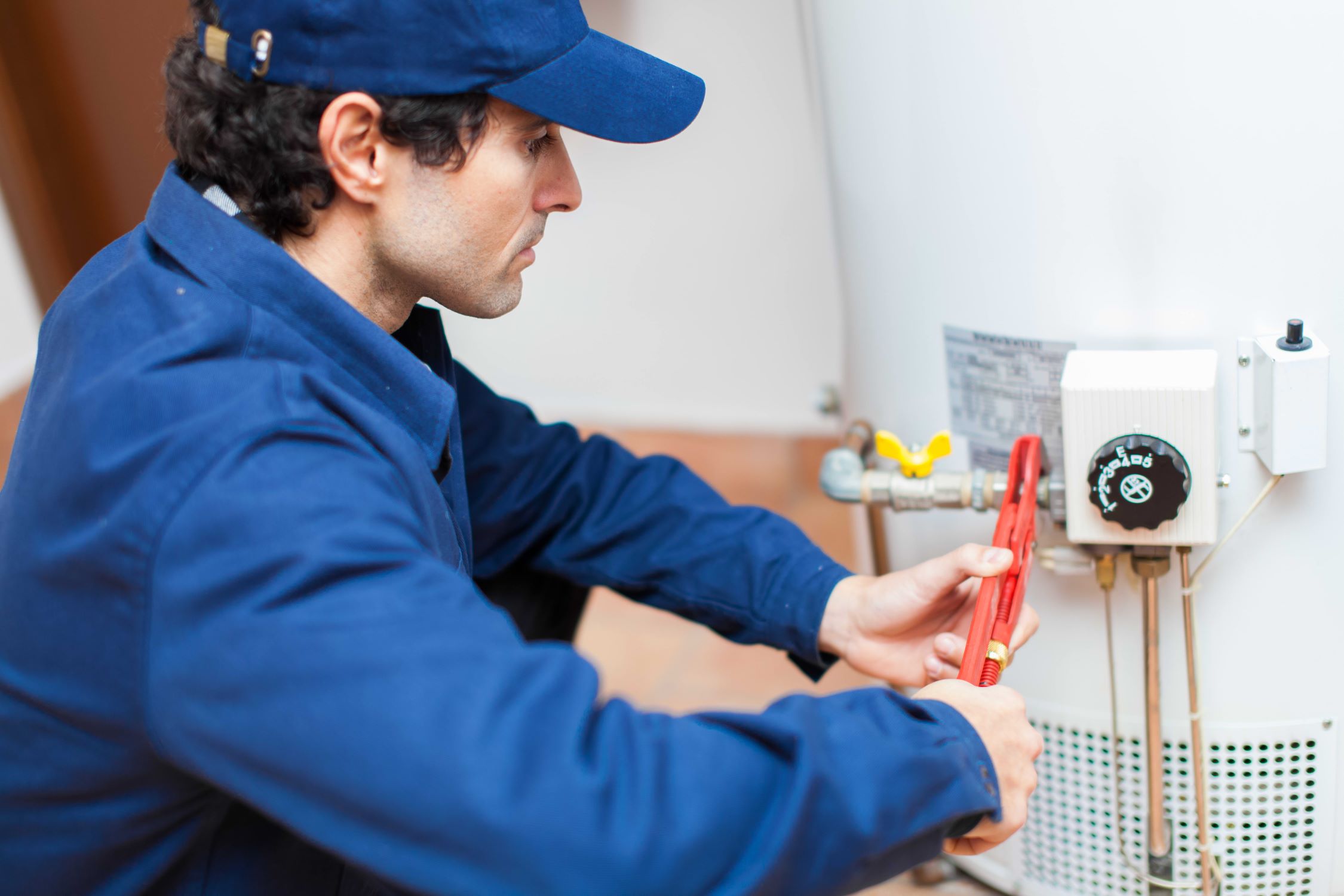

Home Maintenance
How Much Should You Spend On Home Maintenance
Modified: October 21, 2024
Find out how much you should allocate for your home maintenance budget and ensure that your property remains in top condition. Expert tips and advice on home maintenance expenses.
(Many of the links in this article redirect to a specific reviewed product. Your purchase of these products through affiliate links helps to generate commission for Storables.com, at no extra cost. Learn more)
Introduction
Welcome to the world of home maintenance! As a homeowner, you understand the importance of taking care of your largest investment. From routine upkeep to unexpected repairs, home maintenance is an essential part of maintaining the value, comfort, and safety of your property. But how much should you actually spend on home maintenance?
In this comprehensive guide, we will explore the factors to consider when budgeting for home maintenance, industry recommendations on budget allocation, and provide you with practical tips for creating a realistic home maintenance budget. Additionally, we will break down the costs of common maintenance tasks and highlight the benefits of regular upkeep. Let’s dive in!
Home maintenance involves a range of activities, including general cleaning, repairs, and preventive maintenance. Regular maintenance tasks vary depending on the size, age, and condition of your home, as well as the climate and other external factors. To ensure the longevity of your property and to avoid costly repairs down the line, it’s important to establish a solid maintenance plan and allocate the necessary funds.
So, how much should you spend on home maintenance? The answer depends on several factors, including the age of your home, its location, and the level of maintenance it requires. As a general rule of thumb, experts recommend budgeting between 1% to 3% of your home’s value for annual maintenance. However, it’s important to note that this is just a guideline, and individual circumstances may vary.
Key Takeaways:
- Budgeting for home maintenance is crucial. Allocate 1% to 3% of your home’s value annually, consider factors like age and size, and create a savings plan to cover routine upkeep and unexpected repairs.
- Regular home maintenance offers numerous benefits, including preserving property value, preventing costly repairs, improving safety, and enhancing energy efficiency. It’s essential for a comfortable and safe home.
Read more: How Much Should You Spend On A Mattress?
Importance of Home Maintenance
Home maintenance is not just about keeping your property looking good; it is a crucial aspect of responsible homeownership. Regular maintenance helps to protect your investment and ensures the longevity of your home. Here are some key reasons why home maintenance is important:
- Preserving property value: Regular maintenance helps to preserve the value of your home. By addressing small issues before they turn into major problems, you can avoid costly repairs and maintain the overall condition of your property. When it comes time to sell, a well-maintained home will attract more potential buyers and command a higher selling price.
- Ensuring safety: By keeping your home properly maintained, you can identify and address potential safety hazards. Faulty electrical wiring, leaking pipes, or structural issues can pose significant risks to your family’s safety. Regular maintenance allows you to rectify these issues promptly, ensuring that your home remains a safe haven for you and your loved ones.
- Preventing costly repairs: Neglecting home maintenance can lead to small problems escalating into larger, more expensive issues. For example, a minor roof leak left unattended can cause significant damage to the structure of your home and even lead to mold growth. By investing in regular maintenance, you can catch these problems early and prevent them from becoming costly repairs down the line.
- Improving energy efficiency: Properly maintaining your home can also help improve its energy efficiency. By sealing air leaks, insulating adequately, and ensuring that your HVAC system is working efficiently, you can reduce your energy consumption and lower your utility bills. Regular maintenance of appliances, such as cleaning the filters in your air conditioning unit, can also help them run more efficiently, saving you money in the long run.
- Enhancing curb appeal: A well-maintained home not only reflects your pride of ownership but also enhances its curb appeal. Regular painting, landscaping, and cleaning can instantly boost the exterior appearance of your home, making it more inviting and aesthetically pleasing.
Remember, home maintenance is an ongoing process that requires time, effort, and financial commitment. By prioritizing regular upkeep and addressing maintenance tasks promptly, you can protect your investment, ensure the safety and comfort of your family, and enjoy your home for many years to come.
Factors to Consider when Budgeting for Home Maintenance
When it comes to budgeting for home maintenance, there are several factors that you should take into consideration. These factors will help you determine how much you need to allocate for maintenance expenses. Here are some key factors to consider:
- Age and condition of your home: The age and condition of your home play a significant role in determining maintenance needs and costs. Older homes typically require more maintenance, as the materials may deteriorate over time. Likewise, if your home is in poor condition or has been neglected in the past, you may need to allocate more funds for repairs and renovations.
- Size and complexity of your home: The size and complexity of your home also impact maintenance costs. Larger homes typically have more systems to maintain, such as multiple HVAC units, plumbing systems, and electrical systems. Similarly, homes with unique architectural features or specialized equipment may require additional maintenance and specialized services.
- Climate and geographic location: The climate and geographic location of your home play a significant role in determining maintenance needs. Homes located in regions with harsh winters may require extra measures such as snow removal, roof inspections, and weatherproofing. Similarly, homes in coastal areas may need regular maintenance to protect against saltwater damage.
- Homeowner’s association (HOA) requirements: If your home is part of a homeowner’s association, you may have additional maintenance obligations and fees. HOAs often enforce standards for exterior maintenance, landscaping, and common area upkeep. Make sure to incorporate any HOA requirements into your maintenance budget.
- Age and condition of major systems and appliances: Assess the condition of your major systems and appliances, such as HVAC units, water heaters, and kitchen appliances. These items have a lifespan, and if they are nearing the end of their expected life, you should budget for repairs or replacements in the future.
- Personal preferences and lifestyle: Consider your personal preferences and lifestyle when budgeting for home maintenance. Do you prefer regular professional maintenance services, or are you comfortable handling some tasks yourself? Are you planning any renovations or upgrades that will require additional budgeting? These factors will help you determine how to allocate your maintenance funds.
By taking these factors into account, you can create a realistic and comprehensive home maintenance budget. Remember, it’s better to overestimate and have extra funds available than to be caught off guard by unexpected maintenance expenses. Regularly reassess your budget to ensure it aligns with your home’s needs and any changes in your circumstances.
Industry Recommendations on Home Maintenance Budget
While there is no one-size-fits-all answer to how much you should spend on home maintenance, industry experts provide some recommendations to help guide homeowners. These recommendations serve as a starting point for budgeting and can be adjusted based on individual circumstances. Here are some industry guidelines on home maintenance budget allocation:
- Percentage of home value: Many experts suggest budgeting between 1% to 3% of your home’s value for annual maintenance expenses. For example, if your home is valued at $300,000, you might allocate $3,000 to $9,000 per year for maintenance. Keep in mind that this percentage can vary depending on factors such as the age, condition, and location of your home.
- Age of your home: Another factor to consider is the age of your home. Homes that are less than 10 years old typically require less maintenance compared to older homes. As a general rule, you may allocate a smaller percentage of your home’s value for maintenance if your home is newer, and increase the percentage as it gets older.
- Savings goals: Some experts advise setting aside a certain amount each month into a dedicated savings account specifically for home maintenance. The recommended amount is typically around 1% of your home’s value per year. By saving consistently, you can build a fund that will cover both routine maintenance and unexpected repairs.
- Professional inspections: It is also recommended to budget for professional inspections of your home’s major systems, such as HVAC, plumbing, and electrical, on a periodic basis. These inspections can help identify potential issues early on and allow for preventive maintenance, reducing the risk of major repairs and increasing the lifespan of your systems.
- Home warranty or insurance: Consider whether you have a home warranty or insurance policy that covers certain maintenance and repair costs. These policies can help offset some of your budgeted expenses, but it’s important to review the coverage and deductibles to fully understand the financial implications.
It’s important to note that these industry recommendations are general guidelines and should be adjusted based on your home’s specific needs and your personal financial situation. It’s always a good idea to consult with professionals such as real estate agents, contractors, or financial advisors to get personalized advice on budgeting for home maintenance.
By following these industry recommendations and staying proactive with your home maintenance, you can ensure that your property remains in good condition and avoid costly surprises in the future.
Tips for Creating a Home Maintenance Budget
Creating a home maintenance budget is an important step in properly managing your finances and ensuring the long-term upkeep of your property. Here are some tips to help you create a realistic and effective home maintenance budget:
- Assess your current expenses: Start by reviewing your current home maintenance expenses. Take a look at your past spending on repairs, upkeep, and regular maintenance tasks. This will give you an idea of what you have been spending and help you identify any areas where you may have overspent or overlooked certain maintenance tasks.
- Research typical maintenance costs: Do some research to understand the typical costs associated with various maintenance tasks. Look for industry averages or consult with local contractors or service providers for estimates. This will help you make more accurate budget projections.
- Prioritize essential maintenance: Identify the essential maintenance tasks that need to be addressed regularly. This includes tasks such as HVAC system servicing, plumbing inspections, roof inspections, and exterior painting. Prioritize these tasks in your budget to ensure they are adequately funded.
- Create a savings plan: Consider setting aside a specific amount each month into a dedicated savings account for home maintenance. This will help you accumulate funds over time and avoid financial strain when unexpected repairs arise. Determine a realistic savings goal based on your home’s age, condition, and size.
- Consider seasonal variations: Take into account any seasonal variations in maintenance tasks and their associated costs. For example, you may need to allocate more funds for landscaping in the spring and summer, or for snow removal in the winter. Adjust your budget accordingly to cover these seasonal expenses.
- Budget for emergencies: Set aside a portion of your budget for emergency repairs. Unexpected issues can arise at any time, and having a dedicated emergency fund can help you handle these situations without disrupting your overall budget. Aim to save at least 10% of your annual maintenance budget for emergencies.
- Research vendor pricing: Get multiple quotes from contractors and service providers to compare prices. This will help you make informed decisions and ensure that you are getting competitive pricing for the maintenance tasks you need. Don’t hesitate to negotiate or ask for discounts when appropriate.
- Review and adjust your budget regularly: Home maintenance needs can change over time, so it’s important to review and adjust your budget periodically. Consider factors such as changes in your home’s condition, any upcoming renovations or upgrades, and fluctuations in market prices for services and materials.
Remember, creating a home maintenance budget is all about being proactive and prepared. By following these tips and regularly assessing your budget, you can properly allocate funds for maintenance tasks, keep your home in optimal condition, and avoid unpleasant financial surprises.
It’s recommended to budget 1-3% of your home’s value for annual maintenance. For example, if your home is worth $300,000, budget $3,000-$9,000 per year for maintenance.
Cost Breakdown of Common Home Maintenance Tasks
Home maintenance encompasses a wide range of tasks, and the costs associated with each task can vary significantly depending on factors such as the size of your home, the location, and the level of maintenance required. Here is a cost breakdown of some common home maintenance tasks to help you plan and budget accordingly:
- Regular HVAC maintenance: Annual HVAC maintenance typically costs between $100 to $200. This includes cleaning and inspecting the system, replacing filters, and ensuring its optimal performance. Consider budgeting for this expense each year to keep your HVAC system running efficiently and prolong its lifespan.
- Roof inspection and repairs: A professional roof inspection will cost around $200 to $500, depending on the size and complexity of your roof. Repairs can range from minor fixes costing a few hundred dollars to more significant repairs or replacements, which can run into several thousand dollars or more. It’s wise to set aside funds for regular roof inspections and have a contingency budget for unexpected repairs.
- Gutter cleaning: Gutter cleaning is an essential maintenance task that helps prevent water damage and ensures proper drainage. The cost for professional gutter cleaning is typically between $100 to $200, depending on the size and height of your home. Consider scheduling this service at least once or twice a year, especially during the fall season.
- Exterior painting: Exterior painting is a major maintenance task that helps protect your home from the elements and enhances its curb appeal. The cost of professional exterior painting can range from $1,500 to $5,000 or more, depending on the size of your home, the extent of the paintwork, and the quality of materials used. Plan to repaint your home every 5 to 10 years and budget accordingly.
- Plumbing maintenance: Routine plumbing maintenance, such as drain cleaning and fixture inspections, can cost around $100 to $300 per visit. If you encounter any plumbing issues that require repairs, the cost can vary widely depending on the complexity and severity of the problem. Have a buffer in your budget to handle unexpected plumbing repairs.
- Landscaping and lawn care: Budgeting for landscaping and lawn care depends on the size of your property and the level of maintenance required. Basic lawn care services such as mowing, edging, and fertilizing can cost between $50 to $100 per visit. More extensive landscaping projects such as planting trees, installing irrigation systems, or landscape design can range from a few hundred to several thousand dollars.
- Electrical maintenance: Electrical maintenance includes inspections, troubleshooting, and repairs. The cost can vary depending on the complexity of the electrical system and the scope of work needed. On average, expect to budget between $100 to $300 for a routine electrical inspection and potentially more for repairs or upgrades.
- Appliance maintenance: Regular maintenance of appliances such as refrigerators, ovens, and washing machines can help extend their lifespan and prevent costly breakdowns. The cost for appliance maintenance varies depending on the type of appliance and the specific maintenance tasks required. Budget a few hundred dollars per year for professional appliance maintenance visits or DIY maintenance tasks like cleaning filters and coils.
Keep in mind that these costs are approximate and can vary depending on your location, the specific service provider, and the individual needs of your home. It’s always a good idea to obtain multiple quotes and research local market prices to get a more accurate estimate for your specific circumstances.
By breaking down the costs of common home maintenance tasks, you can better plan your budget and ensure that you allocate adequate funds for the ongoing upkeep of your home.
Benefits of Regular Home Maintenance
Regular home maintenance goes beyond just keeping your property in good condition. It offers a multitude of benefits that can enhance the value, safety, and overall enjoyment of your home. Here are some key benefits of staying proactive with regular home maintenance:
- Preserves property value: By regularly maintaining your home, you can help preserve its value. When it comes time to sell, a well-maintained property will attract more potential buyers and command a higher selling price. Maintenance tasks such as exterior painting, landscaping, and updated fixtures can significantly improve the curb appeal and overall aesthetics of your home, making it more desirable to potential buyers.
- Prevents costly repairs: One of the biggest advantages of regular maintenance is that it can help prevent small issues from turning into major (and costly) repairs. By addressing minor problems early on, you can avoid extensive damage and the need for costly repairs down the line. For example, fixing a small roof leak promptly can prevent water damage and the need for a full roof replacement.
- Enhances safety and security: Regular maintenance plays a vital role in keeping your home safe and secure for you and your family. By performing routine inspections of electrical systems, plumbing, and security features, you can identify and address potential safety hazards. This can help prevent accidents, such as electrical fires or water leaks, and ensure the overall security of your home.
- Improves energy efficiency: Proper maintenance of your home’s systems and equipment can improve energy efficiency, resulting in lower utility bills. Regularly servicing your HVAC system, insulating your home, sealing air leaks, and maintaining appliances can help them run more efficiently, reducing energy consumption. This not only saves you money but also benefits the environment by reducing your carbon footprint.
- Increases lifespan of home components: Regular maintenance can extend the lifespan of various components in your home. For instance, cleaning and replacing air filters in your HVAC system can prevent strain on the equipment and lengthen its lifespan. Similarly, maintaining plumbing fixtures and appliances can reduce wear and tear, giving them a longer functional life.
- Enhances indoor air quality: Proper maintenance of your HVAC system and regular cleaning of air ducts and filters can significantly improve indoor air quality. This is especially important for allergy sufferers or individuals with respiratory conditions, as it helps reduce allergens, dust, and pollutants circulating in the air.
- Promotes peace of mind: Knowing that your home is well-maintained provides a sense of peace and reassurance. Regular maintenance allows you to address issues proactively and prevent potential problems, giving you confidence and peace of mind in the safety and condition of your home.
By investing time, effort, and resources into regular home maintenance, you can enjoy these benefits and ensure that your home remains a comfortable, safe, and valuable place for you and your family.
Importance of Emergency Fund for Home Repairs
When it comes to homeownership, unexpected repairs and emergencies are inevitable. From a sudden roof leak to a malfunctioning HVAC system, these unexpected issues can put a strain on your finances if you’re not prepared. This is why having an emergency fund specifically dedicated to home repairs is crucial. Here’s why an emergency fund is important for handling home repairs:
- Financial preparedness: The primary purpose of an emergency fund is to provide you with the financial means to handle unexpected home repairs without causing a financial crisis. These repairs can be costly and often require immediate attention. Having an emergency fund allows you to cover the expenses and avoid accumulating debt or draining your savings meant for other purposes.
- Quick response to emergencies: Home emergencies, such as a burst water pipe or a faulty electrical system, require prompt action to prevent further damage and maintain the safety of your home. With an emergency fund in place, you can address these issues immediately without having to wait for approval for a loan or scrambling to find the necessary funds. This quick response can save you from further property damage and potentially reduce repair costs.
- Flexibility and peace of mind: An emergency fund provides you with the peace of mind and flexibility to handle unexpected repairs without affecting your daily life or straining your budget. You won’t have to sacrifice essential expenses or dip into your regular savings to address emergency repairs. This financial buffer allows you to address unforeseen home maintenance issues with confidence, knowing that you have the funds readily available.
- Preventing larger issues: Addressing small maintenance issues promptly can prevent them from escalating into major, more costly problems. With an emergency fund, you can address minor repairs early, preventing further damage that may lead to more significant issues and higher repair costs in the future. Regular maintenance combined with a well-funded emergency fund is a proactive approach to keep your home in good condition.
- Protection against unforeseen circumstances: While we cannot predict what will happen to our homes, having an emergency fund puts you in a better position to handle any unforeseen circumstances. Whether it’s a natural disaster, a major appliance failure, or structural damage, having a dedicated fund for emergencies ensures that you are financially prepared to address these unexpected situations.
- Reducing stress and anxiety: Dealing with unexpected home repairs can be stressful and cause anxiety, especially if you are not financially prepared. Having an emergency fund alleviates this stress by providing you with a safety net. It allows you to focus on resolving the repair issues without worrying about the financial burden or the impact it may have on your overall financial situation.
Having an emergency fund specifically designated for home repairs is an essential aspect of responsible homeownership. By setting aside funds for unexpected maintenance and repairs, you can effectively handle emergencies, maintain the value of your property, and protect yourself from financial strain.
Conclusion
In conclusion, home maintenance is a critical aspect of responsible homeownership. By allocating the necessary resources and staying proactive with regular upkeep, you can protect your investment, maintain the value of your property, and ensure the comfort and safety of your home. Here’s a recap of the key points covered in this article:
First and foremost, it’s important to understand the importance of home maintenance. Regular upkeep preserves property value, ensures safety, prevents costly repairs, improves energy efficiency, and enhances curb appeal. By prioritizing maintenance tasks and creating a comprehensive plan, you can reap the benefits of a well-maintained home.
When budgeting for home maintenance, several factors should be considered. These factors include the age and condition of your home, its size and complexity, the climate and location, any homeowner’s association requirements, the age and condition of major systems and appliances, and your personal preferences and lifestyle. Taking these factors into account will help you create a realistic and effective maintenance budget.
Industry recommendations suggest allocating between 1% to 3% of your home’s value for annual maintenance expenses. However, it’s important to adjust this recommendation based on your specific circumstances and needs. Establishing a savings plan, considering seasonal variations, and accounting for emergencies are important aspects of creating a successful home maintenance budget.
Understanding the costs associated with common home maintenance tasks is essential for budgeting purposes. Costs can vary widely depending on the task, the size and condition of your home, and your location. It’s important to research average costs, obtain multiple quotes, and plan for both routine maintenance and unexpected repairs.
Regular home maintenance offers a plethora of benefits, including preserving property value, preventing major repairs, enhancing safety and energy efficiency, increasing the lifespan of home components, improving indoor air quality, and promoting overall peace of mind. By staying proactive with maintenance tasks, you can enjoy these benefits and prolong the longevity of your home.
Finally, having an emergency fund dedicated to home repairs is crucial. It provides the financial preparedness, quick response, flexibility, and peace of mind needed to handle unexpected repairs and emergencies. With an emergency fund, you can address issues promptly, prevent larger problems, and reduce stress and anxiety associated with unexpected maintenance costs.
In a nutshell, home maintenance is an ongoing commitment that requires planning, budgeting, and proactive action. By incorporating the tips and recommendations outlined in this article, you can ensure that your home remains in good condition, protect your investment, and enjoy the many benefits of a well-maintained property.
Frequently Asked Questions about How Much Should You Spend On Home Maintenance
Was this page helpful?
At Storables.com, we guarantee accurate and reliable information. Our content, validated by Expert Board Contributors, is crafted following stringent Editorial Policies. We're committed to providing you with well-researched, expert-backed insights for all your informational needs.
